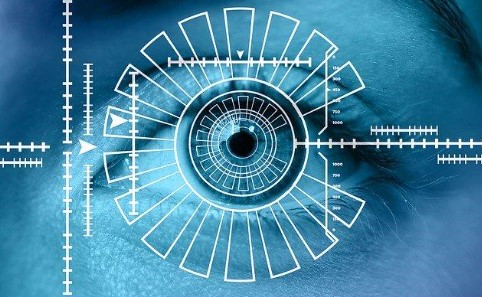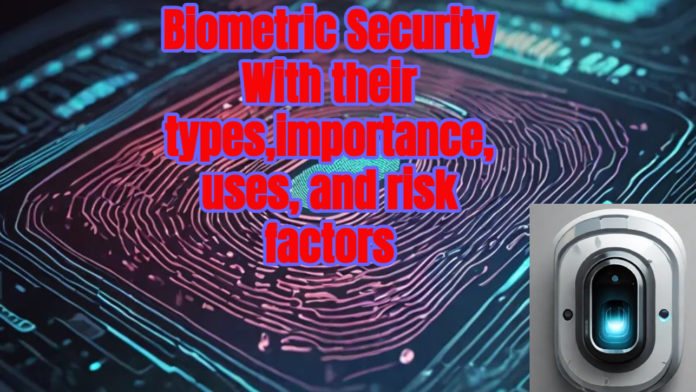The Future of Biometric Security: Understanding the Pros, Cons, and ApplicationsBiometrics as a mode of security has found its place in modern security systems, mainly relying on biological characteristics for identification and/or verification. In contrast to stringing or numbering passwords, biometric systems provide better protection of valuable information, and using them is quite comfortable. With the growth of the digital environment, the requirements for protection increases, and thus, biometrics serve as a prime pick for individuals and companies worldwide.
It is clear that the increased use of biometric technologies is not only sponsored by the growing number of security threats but also by the development of technology. Starting from the biometric identification of a smartphone and up to facial recognition at airports, biometry is a new generation of security solutions that provide the best combination of reliability and productivity.
Types Of Biometric Technologies
Fingerprint Recognition: is also a very frequently seen type, used in our smartphones, laptops, security systems, etc. Facial recognition is used in different fields, such as police force and personal gadgets.
Iris Recognition: Recognized as very reliable , utilized in secure and delicate operations.
Voice Recognition: is used in banks and calling centers for clientele identification.
Palm Vein Recognition: A less-used but very secure method that is used, particularly in some industries.
Uses
Biometric security methods are widely used across multiple industries, including:
Personal Devices: Mobiles, personal computers, and tabs use fingerprints or face identification features.
Banking and Finance: For security purposes, voice and fingerprint scanners are employed.
Healthcare: Security gives patients an added measure of assurance, meaning that only the right people get to access their records.
Law Enforcement: Facial and fingerprint recognition enhance the identification of criminals as well as tracking of the same.
Airports and Border Control: Most identification tasks are eased by the use of iris and facial recognition.
Importance of Biometric Security
The understanding of biometric security is best encapsulated by its ability to offer improved security over traditional security approaches. Biometric data is as special as the individual as it cannot be copied, imitated or faked in any way. These bring uniqueness to the privacy of the data, thus minimizing cases of unauthorized access to the information. Finally, biometric systems are convenient to use, thereby doing away with the requirements of password memorization or security tokens.

Future of Biometric Security
It could therefore be said that the future of the use of biometric security is bright. This is because, with the advancement in technology, we are likely to witness more advanced hard levels of security being developed. Machine learning and artificial intelligence (AI) are introducing biometric systems and making them more accurate and efficient. Thus, it is clear to explain why there is an increased usage of biometric applications in sectors like self-driving automobiles and smart communities. These are deemed to suffice for every-day security requirements.
Biometric security or identification systems refer to the use of physical characteristics inherent to persons to verify identity or prevent unauthorized access. And this is a special segment of security solutions that refers to the utilization of characteristics exclusive to individuals as a means of checking identity or avoiding infiltration.
Also read: iOS 18: Revolutionizing Your iPhone with Unmatched Intelligence and Customization
Risk Factors
However, biometric security also entails some risks or limitations, as follows: The main risk is data leakage of biometric information, the implications of which can be heavy because biometric characteristics are fixed. In contrast with passwords, biometric data cannot be altered once it is in the wrong hands. Privacy issues are also an issue given that biometrics are collected and stored, thus facilitating unauthorized tracking.
The application of biometric security methods is rapidly changing the model of protecting personal and business information. Due to their peculiarities that do not allow achieving high security combined with comfort, they are an integral part of contemporary security systems. There is a need to look at the risks that may come with it so that biometric systems can be made safer and more efficient.
FAQs
1. What are biometric security methods?
The security procedures involve the use of unique biological traits, like fingerprints or facial features, to authenticate. And identify a person who comes under biometric security methods.
2. Why are biometric security methods important?
They provide advanced security and ease as compared to the more traditional methods for user authentication, like passwords.
3. What are the risks of biometric security?
There is a high risk of potential breaches of data and personal information.

